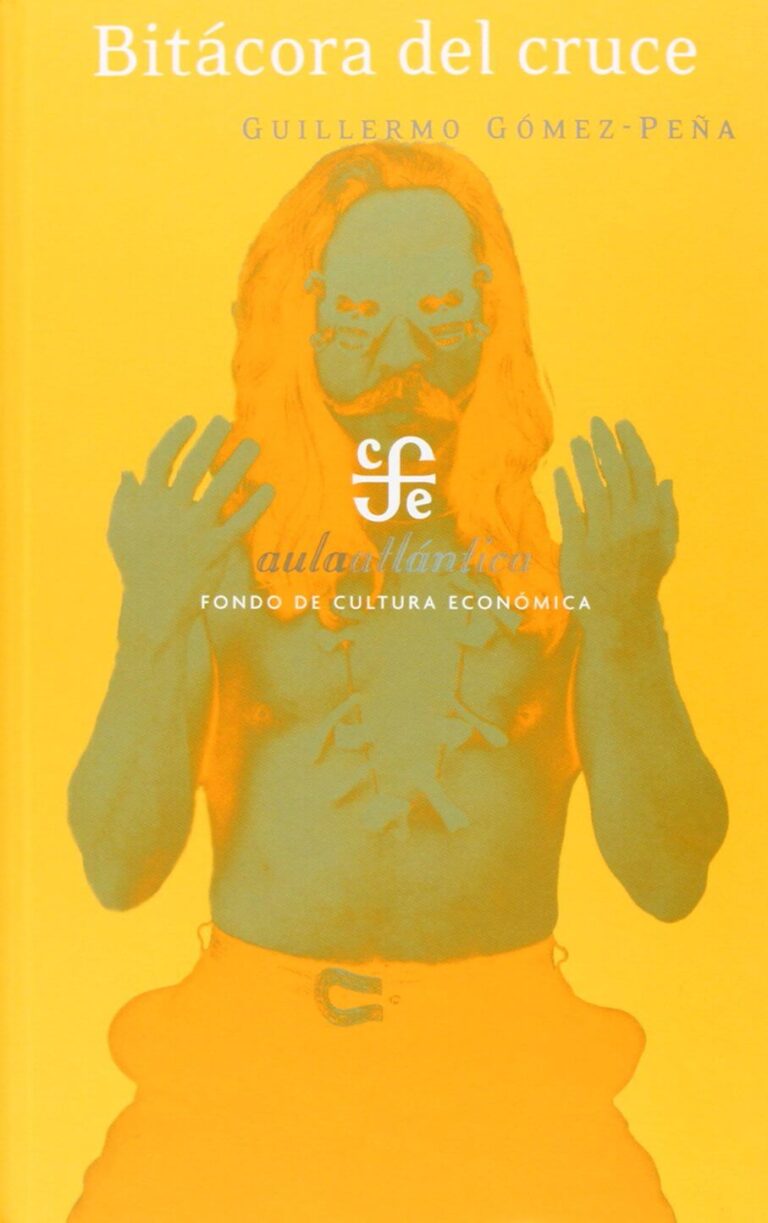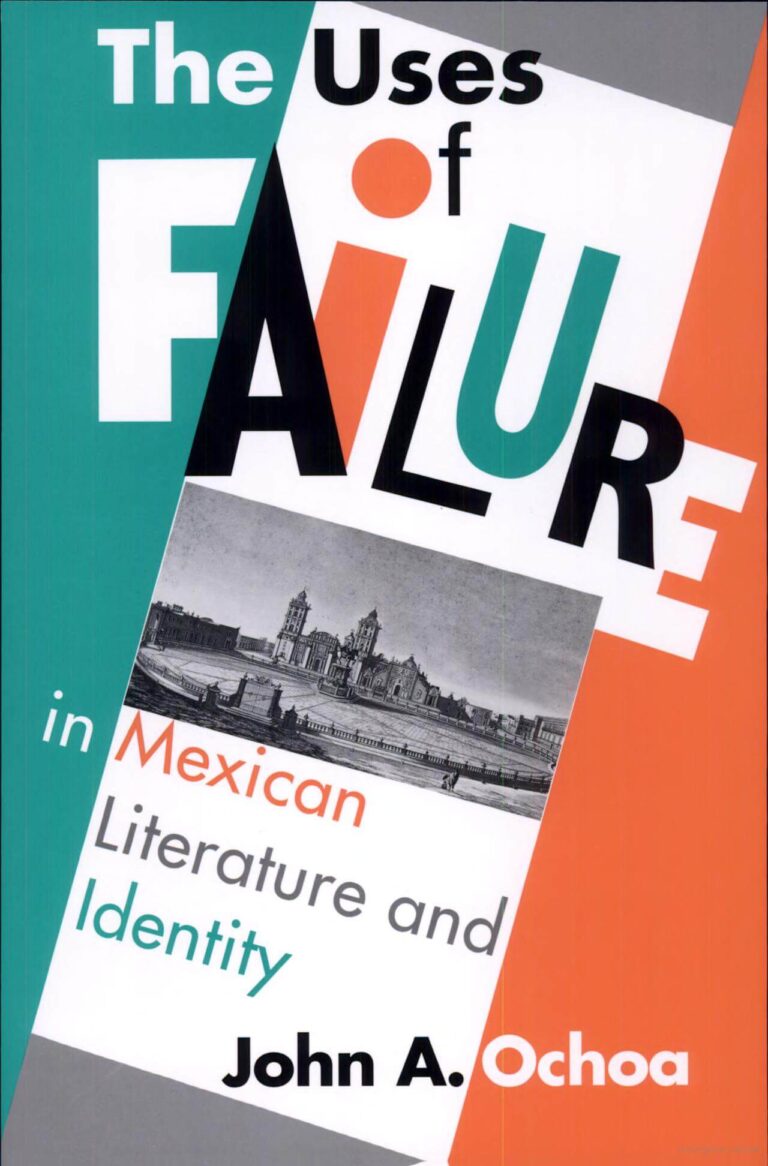
Biography:
Field of specialization: Mexican literature and intellectual history, Comparative Literature. PhD Yale, 1999. Before coming to Penn State, John Ochoa was Associate Professor of Spanish at the University of California, Riverside. He was awarded a Ford Foundation postdoctoral fellowship in 2001-02. His first book, The Uses of Failure in Mexican Literature and Identity (University of Texas Press 2005) studies the relationship between awareness of failure and national culture. It examines the work of several “monuments” of the Mexican canon, including Bernal Díaz del Castillo, J. J. Fernández de Lizardi, Alexander von Humboldt, José Vasconcelos, and Carlos Fuentes; it argues that the acknowledgement of failure, both historical and aesthetic, can actually be constructive and ultimately lead to both self-knowledge and self-definition.
Besides Mexican intellectual and cultural history, his other teaching and research interests include post-colonial theory, colonial Latin American literature, Chicano performance art, and, of all things, culinary history. He has published book chapters and articles on Edward Said’s debt to Foucault, on the novels of Agustín Yáñez and the end of time, and on Sor Juana Inés de la Cruz and food. He edited an anthology of work by the Mexican/Chicano poet and performance artist Guillermo Gómez Peña, Bitácora del cruce (Fondo de Cultura, 2006), and has published several studies of his work.
His current research, comparative in nature, explores American exceptionalism. It will pair readings from the United States and Latin America in order to consider claims for the uniqueness of the American condition.
Publications

Bitácora Del Cruce
- Author(s): John Ochoa, Guillermo Gómez-Peña
- Publication Date: 2005
One of the most active and creative Chicano writer-performers explores the techno-Chicano esthetic and searches for a new dialogue between Latin Americans who left their homelands following the American dream and those who stayed behind. This Log of the Border Crossing, is in itself a literary melting-pot where a new language is being forged. ‘The reader can start anywhere and read them the parts] in any order.’ Borders, after all, are there for us to go across.

The Uses of Failure in Mexican Literature and Identity
- Author(s): John Ochoa
- Publication Date: 2004
While the concept of defeat in the Mexican literary canon is frequently acknowledged, it has rarely been explored in the fullness of the psychological and religious contexts that define this aspect of “mexicanidad.” Going beyond the simple narrative of self-defeat, The Uses of Failure in Mexican Literature and Identity presents a model of failure as a source of knowledge and renewed self-awareness. Studying the relationship between national identity and failure, John Ochoa revisits the foundational texts of Mexican intellectual and literary history, the “national monuments,” and offers a new vision of the pivotal events that echo throughout Mexican aesthetics and politics. The Uses of Failure in Mexican Literature and Identity encompasses five centuries of thought, including the works of the Conquistador Bernal Díaz del Castillo, whose sixteenth-century True History of the Conquest of New Spain formed Spanish-speaking Mexico’s early self-perceptions; José Vasconcelos, the essayist and politician who helped rebuild the nation after the Revolution of 1910; and the contemporary novelist Carlos Fuentes. A fascinating study of a nation’s volatile journey towards a sense of self, The Uses of Failure elegantly weaves ethical issues, the philosophical implications of language, and a sociocritical examination of Latin American writing for a sparkling addition to the dialogue on global literature.